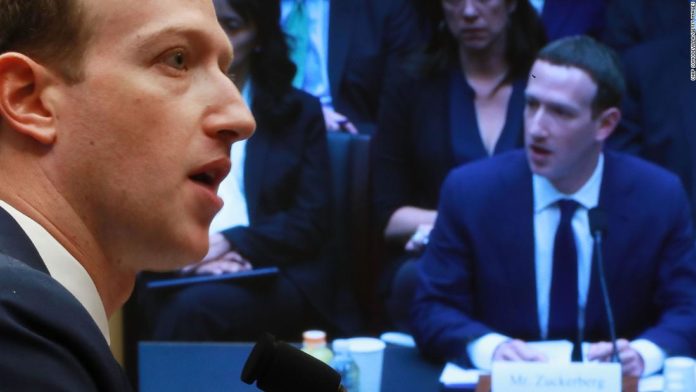As such, a deliberate effort to brand its opponents in this way — as “Soros-funded” — demonstrates an almost malicious willingness to tap into both those feelings and those groups and setting them against critics of their social network.
This is not corporate PR as usual. Even in its statement, Facebook referred to its critics in derogatory terms — as “so-called grassroots networks.” By releasing it hours before a US public holiday, Facebook has demonstrated its contempt for its critics, and its total lack of contrition over its activities. The company, it seems, is only sorry it got caught.
As can be demonstrated by the numerous public inquiries — whether in Congress, the European Parliament or the UK House of Commons, to name just a few — that Facebook is facing, the company has some huge issues to tackle to restore the internet and to protect its future.
None of these problems are easy to solve: they will require significant investment, effort and possibly even serious changes to the company’s business model — as well as an acknowledgment that what they’ve done so far isn’t working.
Yet Facebook has demonstrated that it’s not ready to address any of these problems, and has done so in a glaringly public way: it is making no effort to fix something much simpler.
Hiring a PR company to smear critics speaks volumes about the culture toward the top of Facebook, and about its attitudes to critics — even as those critics are repeatedly and publicly vindicated.
Fixing that toxic and defensive company culture is easy when compared to the other issues facing Facebook. But every part of its response to the situation shows that it has no intention to do so.
First, Facebook attacked t reporting of The New York Times, which broke the story. Then it acknowledged using the PR firm involved, but claimed to be shocked and surprised that it had engaged in efforts to smear opposition groups. Then, when Facebook hoped no one was looking, it acknowledged that it had specifically asked the PR group to do just that.
These are not the actions of a company looking to resolve a problem, or fix the culture that led to it. They are the actions of a company instead looking to keep on doing what it’s always done — and just sweep the scandal away.
If Facebook is to avoid being regulated into oblivion — if not now, then in the middle to long term — it needs to demonstrate it can be a good corporate citizen, especially given its pivotal role in the information ecosystem of nearly two billion users.
To do that, the company needs to change. Yet it seems to be doing almost everything possible to stay the same, to still believe it knows best, and critics, regulators and politicians are not worthy of its attention.
It’s a long time since Facebook was a scrappy upstart. It is not a startup, or a disruptor, any more: it is a huge corporation — one of America’s 10 biggest companies, with huge power and commensurate revenues.
It doesn’t appear to have noticed: with the public contempt the company shows to those who might take it on, or urge it to change, Facebook might tell itself it is trying not to be dragged down by people who don’t understand the future, or how things are changing.
Source : Nbcnewyork











